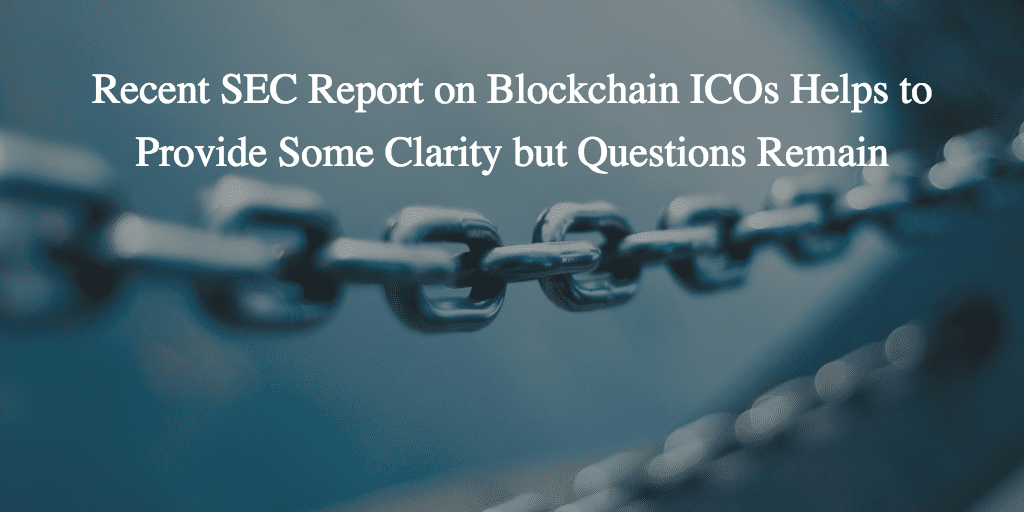The National Internet Finance Association of China has been tasked with the job of making the agency but has offered little details so far; the PBoC invited eight leading Internet companies in 2015 to help with this issue but have received eight individual ideas and rejected them all; the issue of sharing proprietary data still plagues the project and the current issues don’t look to be solves soon. Source.
Recent news about Chinese online lenders has caused regulators in China to begin looking at new regulations for the industry; “The public has doubts about its operating model and has appealed for it to be brought under regulation,” said Ji Zhihong, head of financial markets department at the People’s Bank of China, according to the FT; the potential regulations could hurt what has become a hot IPO market; Chinese lenders like Qudian who recently did a US based IPO and Paipaidai, Hexindai and Lexin Fintech who all have filed for potential US IPOs. Source.
On August 23 and 24, officials from the People's Bank of China and scholars from Peking University arrived in San Francisco and had in-depth discussions with delegates at the Federal Reserve Bank of San Francisco as well as some fintech companies including Coinbase, Prosper, Sofi, Circle and Ripple; discussion topics focused on digital currency, regtech, lending and inclusive finance; Sun Guofeng, the head of the Research Institute of PBoC, and Yao Qian, the head of Digital Currency Research Institute of PBoC, attended the tour; a report on the status quo of US fintech market, regulatory environment and its implications on China will be written after this visit. Source (Chinese)
The People's Bank of China says in a report that it is considering expanding its risk-assessment system beyond banks to include major online financial businesses; the Wall Street Journal comments that China's central bank is increasing its monitoring of the loosely regulated fintech sector. Source
The People's Bank of China (PBOC) had meetings with various bitcoin exchanges this week including BTCC, OKCoin and Huobi; along with the meetings two press releases were issued; according to a translation from Coindesk, the document reads, "Bitcoin is not a currency and shouldn't be viewed as such. Those who invest in bitcoin should accordingly be aware of the risks it poses and protect their investment"; officials also reminded exchanges about complying with local state laws and other regulations. Source
Sizable fintech companies should face the same regulator scrutiny as banks according to China’s Central Bank; this follows what the PBOC said in August, that internet finance companies should be included in the Macro Prudential Assessment framework which was designed for banks; having banks and fintech companies operate under the same rules could streamline regulation. Source.
CoinDesk reports that Sheng Songcheng, counselor to the PBoC and an adjunct professor of economics and finance at the China Europe International Business School, explained that the Chinese government was right to move ahead with the ban; “In my opinion, these actions are largely aimed at averting risk and protecting investors’ interests while also being an opportunity to further regulate trading of virtual currencies,” as Songcheng writes in Caixin. Source.
The People's Bank of China (PBoC) requires all third-party payment institutions to channel transactions through a newly established central clearing platform called Nets Union Clearing Corp. (Wanglian); the trial operations started in April and will be put to formal use on July 1, 2018; by that time, all third-party payment firms (including Alipay and TenPay), will not be able to conduct transactions, such as bank transfers, outside of regulator's supervision. Source
Last week the Securities and Exchange Commission (“SEC”) released a report on the Initial Coin Offering (“ICO”) of the Decentralized...
No More Content


